The second trimester starts in week 14 of your pregnancy, and lasts through to the end of week 27. Like many women, you might find this is the most comfortable of all three trimesters. You’ll likely find you experience some changes, with most of your early pregnancy symptoms easing up. Everyone’s different so don’t worry if they don’t. Your favourite (healthy) foods might be back on the menu, and you could find your energy levels start to rise.
There’s lots to look forward to – and the real highlight of this trimester is that your bump will look much more like a pregnant tum as your growing baby starts to put on weight. And while you’re getting your mojo back, your wee one is busy learning how to yawn and hiccup, and flex those tiny little arms and legs inside you.
Top tips from parents-to-be
Tip #1: Relax!
Try to relax, and enjoy this exciting time. Your baby is growing fast – and that’s hard to miss now! You’ll continue to experience changes in your body as your pregnancy goes on. This is completely normal, so don’t worry.
Tip #2: It's good to talk
Keep talking to people around you, whether it’s your midwife, partner, a friend or family member. And if you’re worried about anything, your midwife can answer your questions. She is there to support you, and will want to help – so don’t be afraid to ask.
Tip #3: You're not alone
It’s really important to remember that you’re not alone. As your bump gets bigger, it’s perfectly normal to feel overwhelmed at times – but don’t let it cause you to be worried, stressed or down about things. Don’t bottle your feelings up – speak to people, use your support network and let them reassure you. And remember, lots of parents have been there, done it, and come out smiling – you can too!
Tip #4: Keep a note
Questions might pop into your head at 3am. You’ll have a lot to think about and you can’t be expected to remember everything – so keep a notepad near, so you can scribble these down and ask your midwife at your next check-up.
Tip #5: Talk to the bump
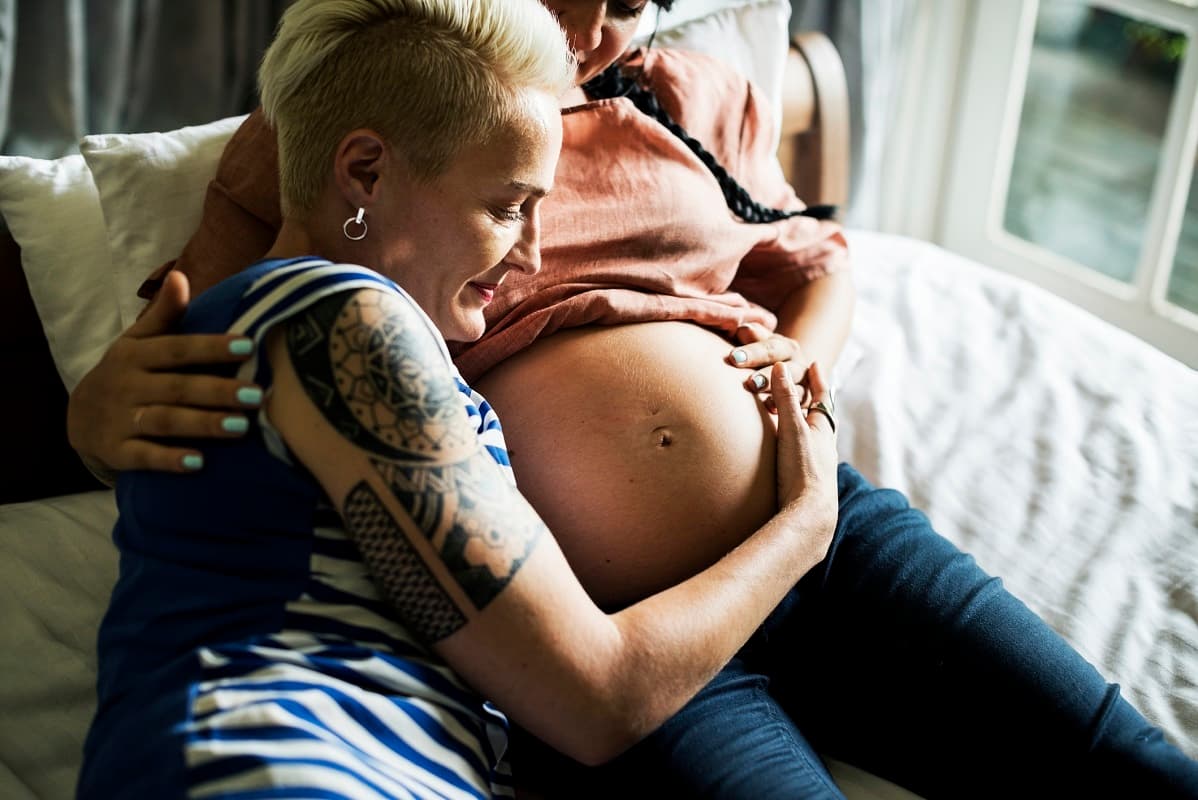
Did you know babies’ hearing starts to develop at around 16 weeks? So talking to your baby bump and making sounds during pregnancy can actually help with your baby's brain development before birth. This video on the Tiny Happy People website explains how.
Tip #6: Don’t forget about your immunisations
The best way to protect yourself and your baby from serious disease and illness is to get the recommended vaccines at the right time. NHS Scotland recommends that pregnant women should have the COVID-19, flu, whooping cough and RSV vaccines. The flu and COVID-19 vaccines are offered from September to March and can be given at any stage during pregnancy. Whooping cough is recommended from week 16 and RSV from week 28. Ask you midwife for more information on how to get your vaccines.
You can find out more about the immunisations offered during pregnancy and why they’re so important on the NHS Inform website.
Tip #7: Ready, Steady, Baby!
The internet is a fantastic way to get information – but use it carefully and always stick to trustworthy websites. Ready Steady Baby is a good one. Don’t let personal opinions on chat forums or scare stories on social media affect you. If you have any concerns, talk through them with your midwife.
More information
For more information on the different stages of your pregnancy, ask your midwife or visit Ready Steady Baby.
 Activities & Play
Activities & Play Behaviour
Behaviour Childcare
Childcare Development & Growing Up
Development & Growing Up Family, Friends & Relationships
Family, Friends & Relationships Feeding Your Baby
Feeding Your Baby Food & Eating
Food & Eating Health & Safety
Health & Safety Mental Health & Wellbeing
Mental Health & Wellbeing Money & Work
Money & Work Online Behaviour & Safety
Online Behaviour & Safety Pregnancy & First Days
Pregnancy & First Days School & Education
School & Education Sleep
Sleep


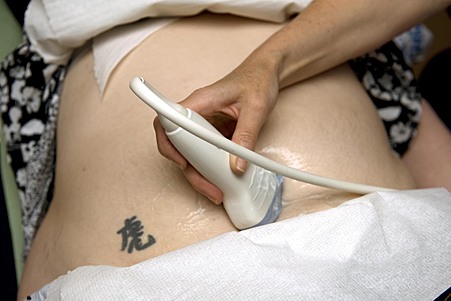

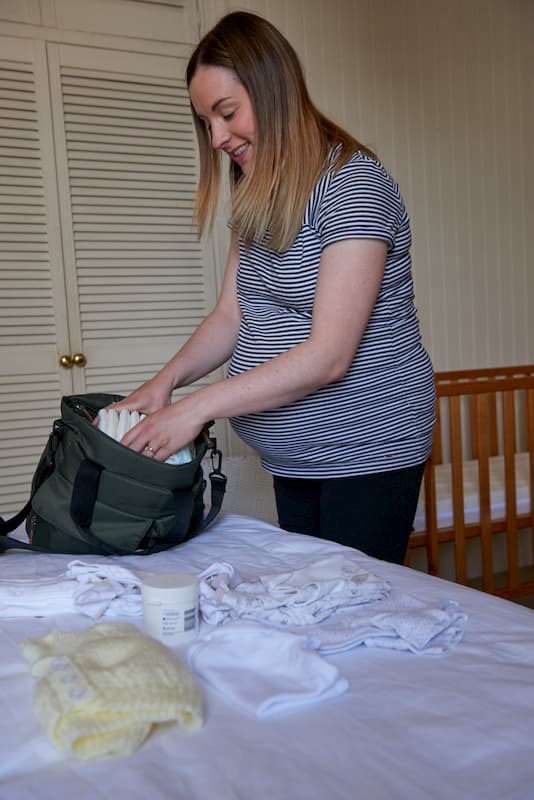

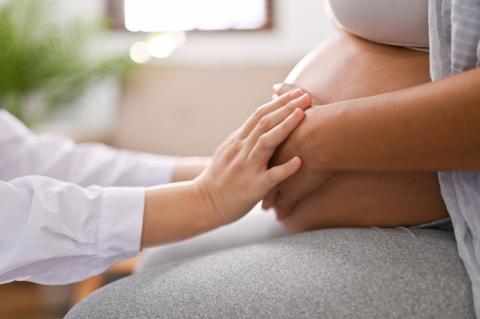




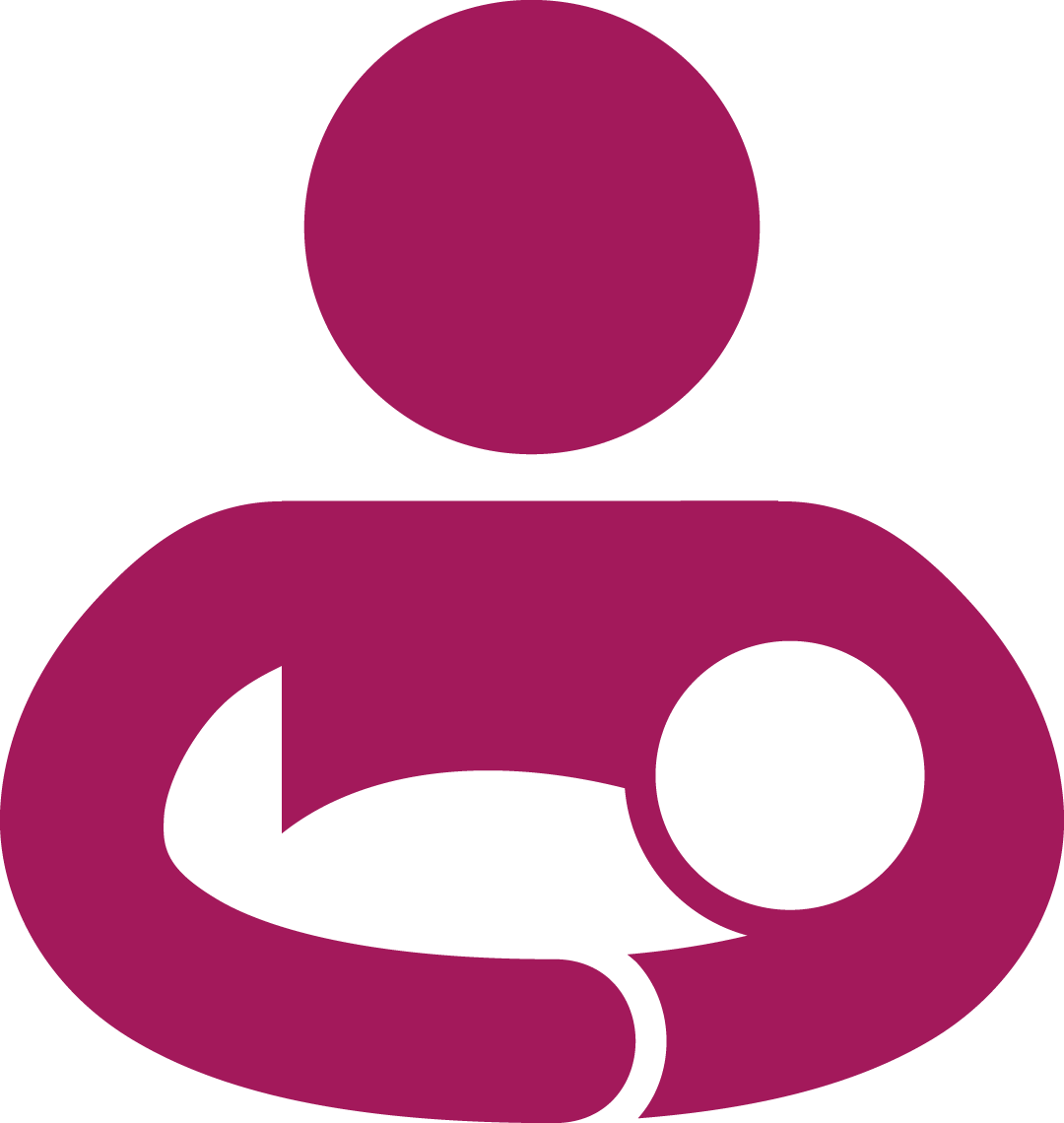 Feeding Your Baby
Feeding Your Baby
 Sleep
Sleep